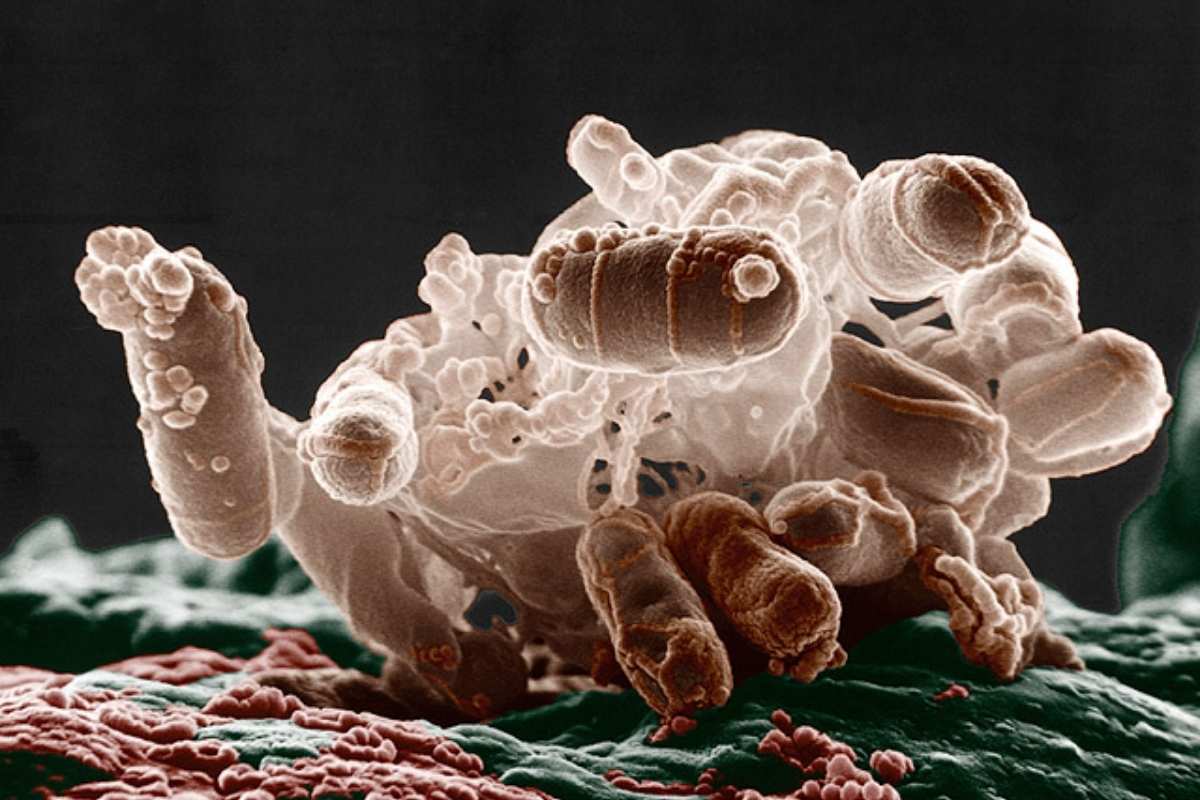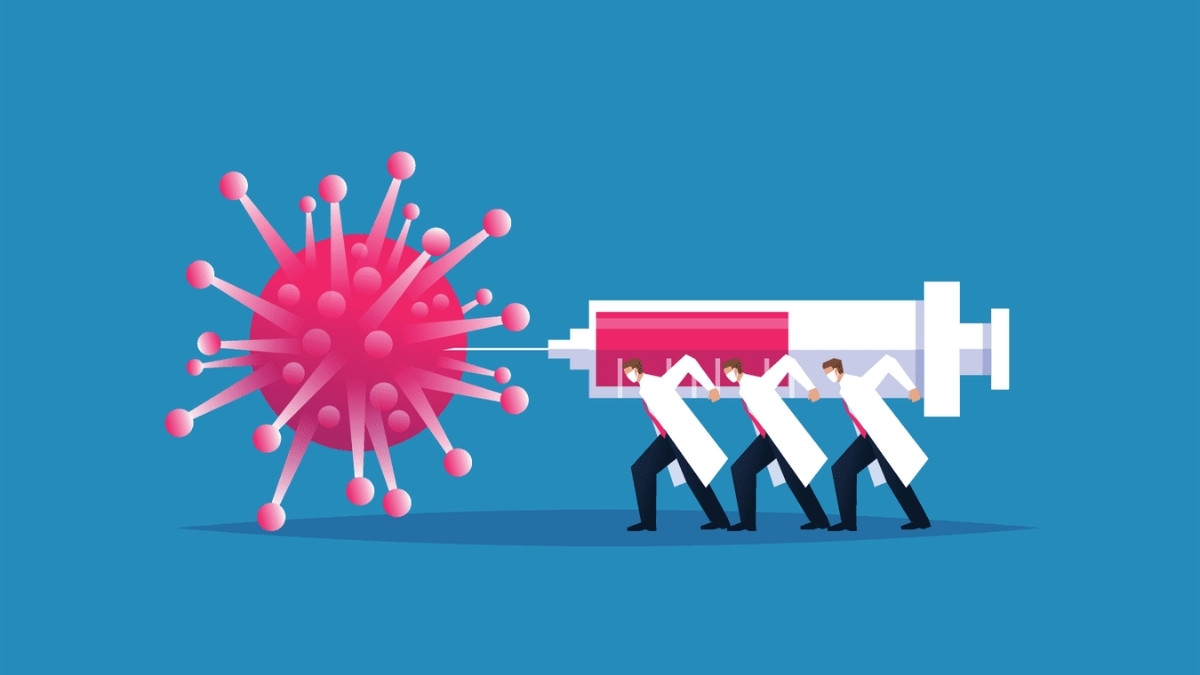Microbiology, the study of microscopic organisms, plays a crucial role in shaping our world. From supporting human health to driving industrial processes, microorganisms are indispensable. This article explores how tiny organisms impact our lives in various fields, including medicine, environment, and industry.

1. Microbes and Human Health
Microorganisms are both beneficial and harmful to human health. While pathogenic bacteria and viruses cause diseases, many microbes support essential bodily functions.
- Gut Microbiota: Beneficial bacteria in our intestines aid digestion, produce vitamins, and boost immunity.
- Antibiotics: Microbes such as Penicillium have led to life-saving antibiotics, revolutionizing medicine.
- Vaccines: Weakened or inactivated microbes are used in vaccines to protect against infectious diseases.
Read more: Top 10 Scientific Discoveries That Changed the World
2. Microorganisms in Food Production
Many food and beverage products rely on microbial activity for their production.
- Fermentation: Microbes like Saccharomyces cerevisiae (yeast) help produce bread, beer, and wine.
- Dairy Industry: Bacteria such as Lactobacillus and Streptococcus are essential for yogurt and cheese making.
- Probiotics: Live beneficial bacteria in food support gut health and overall well-being.

3. Environmental Impact of Microorganisms
Microorganisms play a vital role in maintaining ecological balance.
- Decomposition: Bacteria and fungi break down organic matter, recycling nutrients back into the ecosystem.
- Bioremediation: Some microbes help clean up oil spills and toxic waste.
- Nitrogen Fixation: Certain bacteria convert atmospheric nitrogen into a usable form for plants, aiding agriculture.
4. Industrial and Technological Applications
Microorganisms are used in various industries to enhance productivity and sustainability.
- Biofuels: Microbes like cyanobacteria contribute to the production of renewable energy sources.
- Biotechnology: Genetic engineering of bacteria and yeast enables the production of insulin, enzymes, and other essential compounds.
- Waste Management: Microbes assist in breaking down pollutants and managing waste efficiently.
Conclusion
Microbiology is an essential field that influences various aspects of human life and the environment. From healthcare to industry, microorganisms continue to revolutionize technology and improve sustainability. As research advances, the potential of these tiny organisms will only expand, leading to even greater benefits for humanity.


